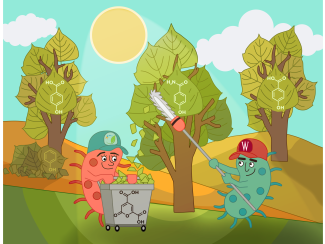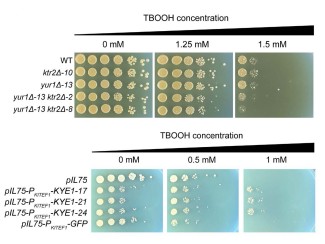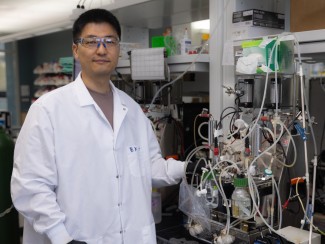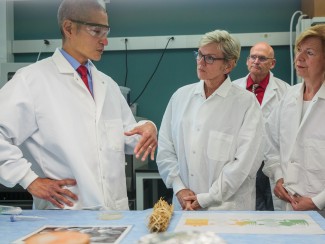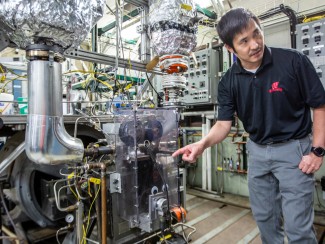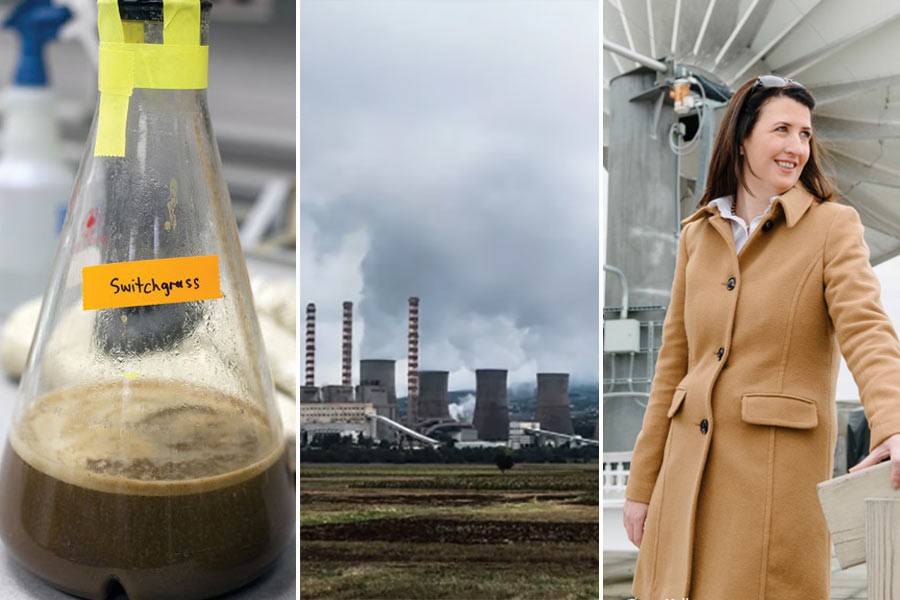
UW–Madison's energy experts have a wealth of knowledge to share and a commitment to contributing to discussions on energy. Here, you’ll find a monthly round-up of their media coverage.
A decade of bioenergy research, Tim Donohue

Ethanol Producer Magazine
In the 10 years since the U.S. DOE established three bioenergy research centers (BRCs) with the goal of using science to help America grow its way to energy independence, the amount of knowledge generated toward that end is staggering. Great Lakes Bioenergy Research Center director Tim Donohue talks to Ethanol Producer Magazine about the impact of the three BRCs, including the 2,500 papers and 600 invention disclosures.
Featured Researchers
Your air conditioning habit makes summer smog worse
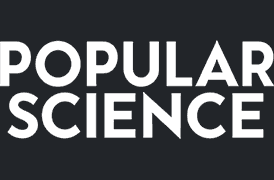
Popular Science
“It had kind of been bothering me that nobody looked at how energy use on hot days also contributes to ozone,” said study author Tracey Holloway, a researcher at the Nelson Institute for Environmental Studies at the University of Wisconsin-Madison. “How do you control air pollution on the dirtiest days? And how much are our power plant emissions changing when we have those hot chemically reactive days?"
Featured Researchers
Pollution peaks when temperatures top out

Scientific American
Tracey Holloway talks more about the environmental impacts of energy use on our hottest days in the U.S. with reporter Christopher Intagliata on the Scientific American podcast 60 Second Science.
Featured Researchers
Supporting women scientists while sharing impactful science

Brava Magazine
Tracey Holloway isn't only in the news for her discoveries - she's also and advocate who has spent 15 years supporting women scientists across the globe in the organization she founded—the Earth Science Women’s Network.
From Holloway and five colleagues in 2002, the nonprofit group has grown to 3,000 women in 60 countries and is the largest organization of women in earth sciences, with members at every major university around the world.
She started the network to address common work-life balance issues that were “too profession-related to ask your mom and too personal to ask your boss,” such as weighing world travel and family life. “These are personal questions but also pivotal to your career,” she says.
Featured Researchers

